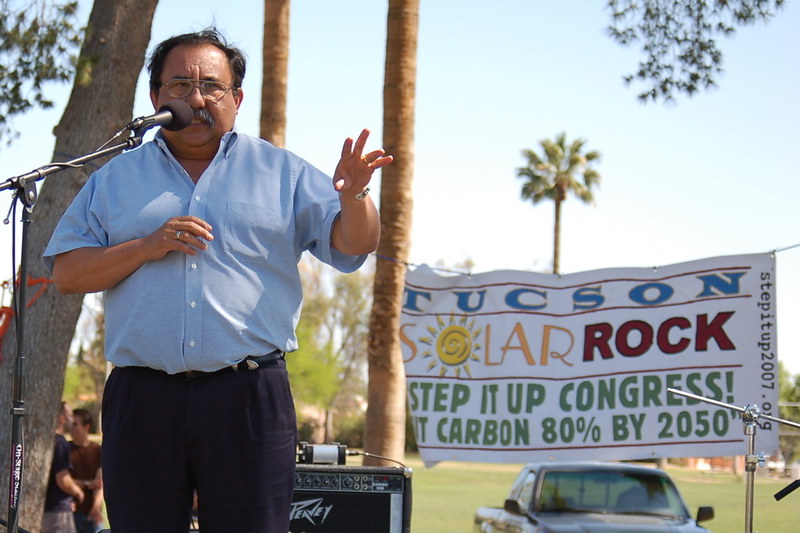As Americans look to the future, they are about as satisfied today as they were during the early 1960s, as tumult raged over racial integration and the Vietnam War.
In a new analysis stretching over half a century, Gallup found that Americans grew more dissatisfied with their futures during the late ’60s and ’70s, but became much more upbeat by the early ’90s. Since then, their feelings have settled back at levels similar to 1963 and 1966.
Americans today are much more downcast about the future than they were in the early 1990s, as the Gulf War wound down. In 1991, 80 percent of Americans surveyed said they were satisfied with the future ahead for them and their families. This September, only 63 percent said the same.
However, Americans are not so somber as they were in the late ’60s and early ’70s. In 1973, as the stock market plunged, inflation ticked upward and the Watergate scandal embroiled the White House, only 53 percent of Americans said they were at ease with the future ahead of them.
Today, feelings about the future hover around the same levels they did 50 years ago, a few months before President John F. Kennedy was shot. Americans are also roughly as satisfied with their family or household income as they were half a century ago, Gallup found.
“The drop in these areas from their peaks in the 1980s and 1990s suggests that after a period of record economic prosperity in the U.S., Americans’ feelings are now more aligned with a time before this mammoth economic expansion,” Gallup Managing Editor Art Swift wrote.
“Perhaps, to paraphrase what Alan Greenspan once said, the age of ‘irrational exuberance’ is indeed over,” Swift added.
The exception to that downward trend seems to be housing: The vast majority of Americans polled – 86 percent – said they were satisfied with their housing situation. That’s nearly as high as during the boom years of the late ’90s, the Gallup surveys show.
The latest surveys were performed this September through landline telephones and cellphones, using a random sample of more than 2,000 adults nationwide. Gallup has asked the same questions about satisfaction with the future, income and housing since 1963.







